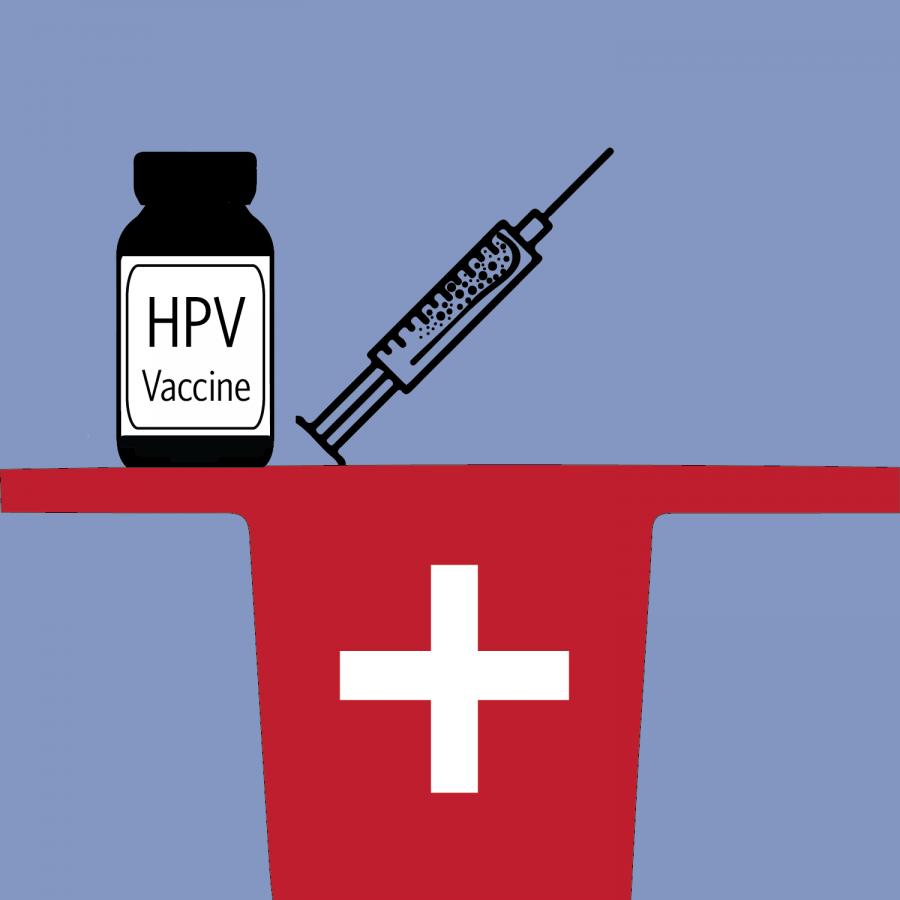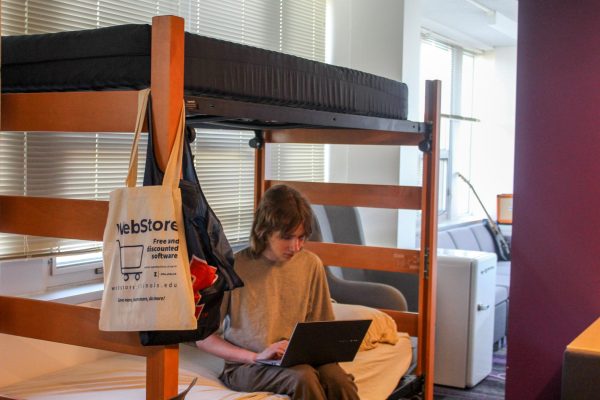Smoothing out bumps with the HPV vaccine
Oct 23, 2018
Everyone faces a few bumps in the road during their college career; don’t let genital warts be one of them.
The CDC claims that almost every sexually-active American will be diagnosed with human papillomavirus at some point in their lives, unless they receive the HPV vaccination. The vaccine, sometimes referred to as Gardasil, helps to prevent an HPV infection, which can lead to several types of deadly cancers, such as cervical cancer.
The vaccine used to be marketed toward young women and men typically between ages 11 – 26, and is most effective when received at a young age or before sexual activity begins. This month, the FDA has approved the use of the HPV vaccine for adults aged 27 – 45, which is a huge step toward combating this country’s HPV epidemic, but it is still not enough. Since the CDC claims over half of newly-reported STD cases every year are from adolescents, then the most logical conclusion would be for parents to make sure their adolescent children receive the vaccine early.
Still, only five out of 10 adolescents are HPV vaccinated, and a huge reason for this is because there is an unspoken stigma in American culture between parents and children when it comes to discussing sexual health. Many parents choose to not vaccinate their children because they believe it encourages them to have risky sex or because they simply won’t discuss sexual wellbeing with their children at all.
A study published in the Canadian Medical Association Journal observed no correlation between young women that received the HPV vaccine and risky sexual behavior. Is the risk of your child getting cancer later in life from something entirely preventable better than having one honest conversation together? Guardians in charge of a minor’s health and wellbeing must accept the facts and become more open to the idea of vaccinating against a potentially deadly disease.
Get The Daily Illini in your inbox!
So what do you do if a guardian prevented you from receiving the HPV vaccine or other sexual health education? Here at the University, McKinley Health Center offers sexual health awareness classes, free STD testing and free condoms. The HPV vaccine is also available for students. Off-campus, many health centers, such as Planned Parenthood, offer sexual health counseling and education. Planned Parenthood also offers the HPV vaccine.
Preventing HPV and HPV-related cancers could be a reality if parents and young adults alike do their part.
Parents, get your children vaccinated. It will not cause an increase in risky sexual behavior, but it will prevent against potentially deadly cancers.
Students, educate yourselves. Protect your health by learning about disease prevention and safe sex. Don’t let genital warts take you down an unexpectedly bumpy road.
Abby is a sophomore in LAS.






